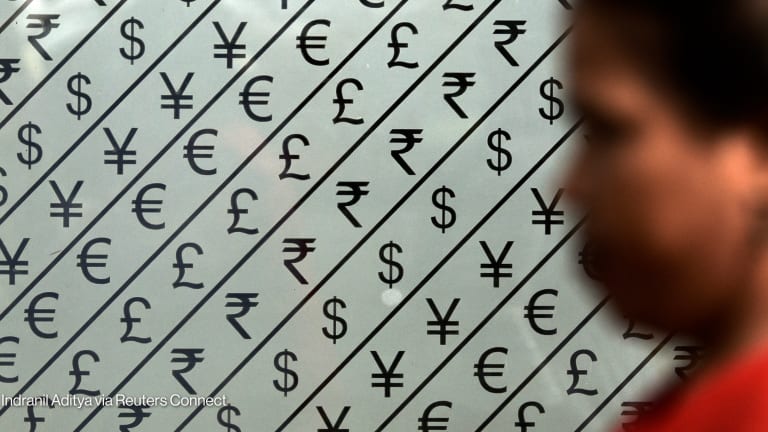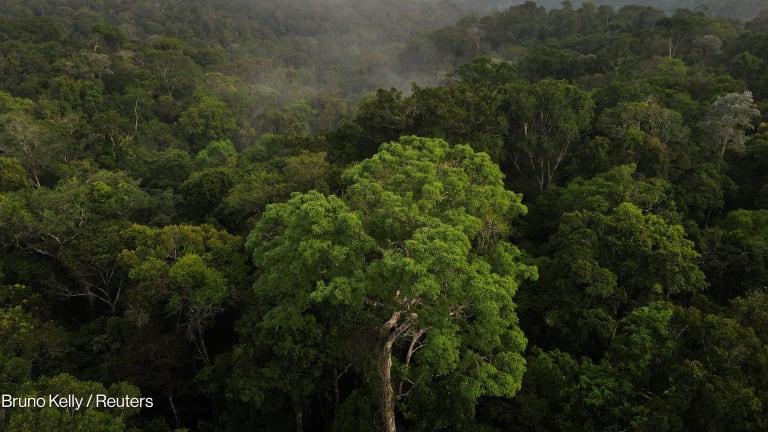School Girls in Oecusse, East Timor. Education is one of the sectors the World Bank is prioritizing in its current partnership strategy with East Timor. Photo by: Barbara Ratusznik / World Bank / CC BY-NC-ND
Following years of violence and insecurity, East Timor is steadily becoming a model for post-conflict development.
Dili is home to the Secretariat of the g7+ — a voluntary group of post-conflict countries — and Minister of Finance Emilia Pires currently chairs the group as well. Not surprisingly, East Timor plays a big role in the development and implementation of the New Deal for Engagement in Fragile States, which provides a framework for providing aid to the world’s most fragile states.
This story is forDevex Promembers
Unlock this story now with a 15-day free trial of Devex Pro.
With a Devex Pro subscription you'll get access to deeper analysis and exclusive insights from our reporters and analysts.
Start my free trialRequest a group subscription







